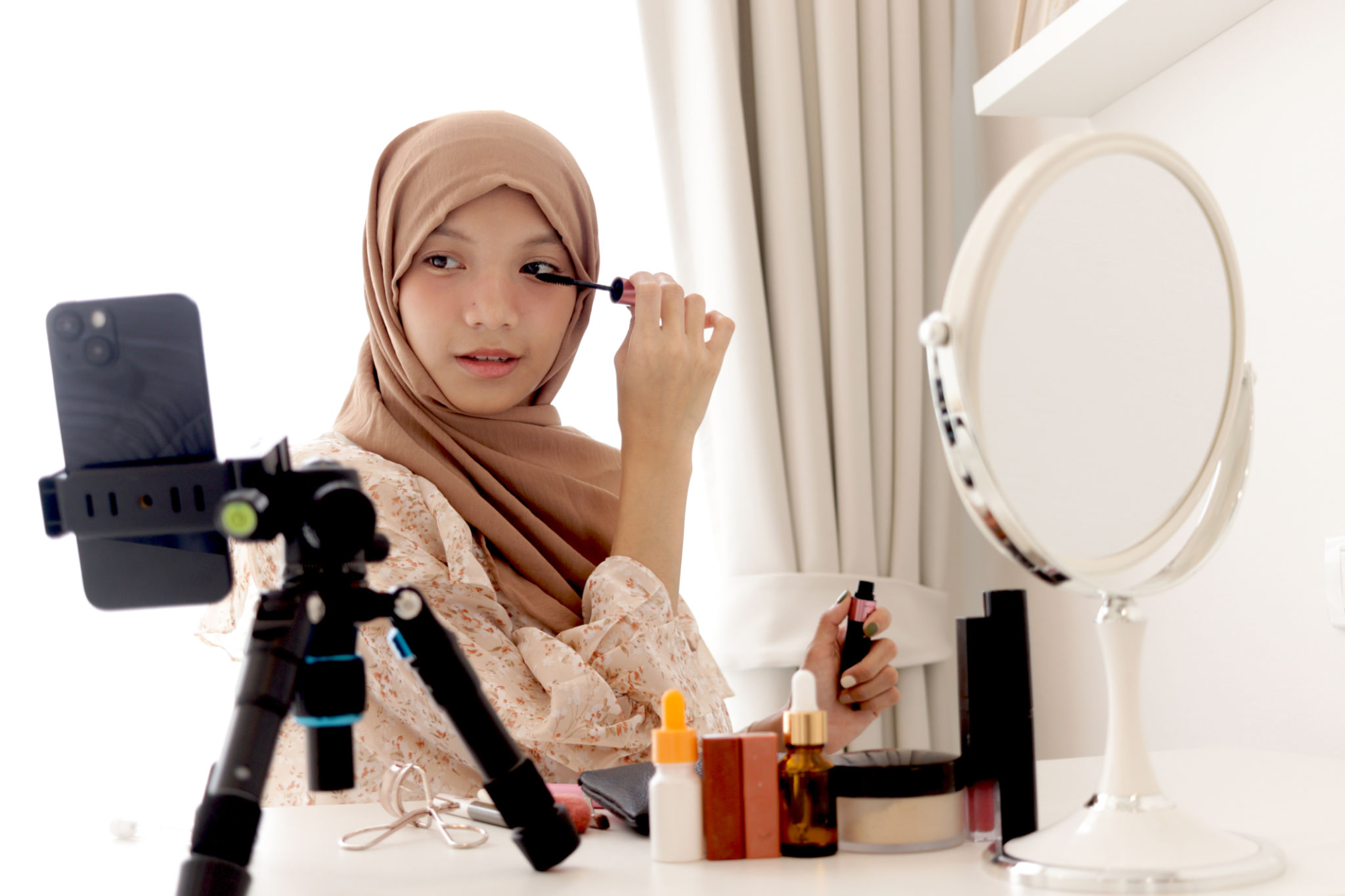The Latest Trends in Beauty Digital Marketing You Need to Know
Embracing Personalization in Beauty Marketing
The beauty industry is increasingly leveraging personalization to enhance customer experience. Brands are utilizing data analytics and AI to tailor products and marketing messages to individual preferences and needs. This trend not only improves customer satisfaction but also boosts brand loyalty. Personalized beauty experiences, such as customized skincare regimens or makeup tutorials, are becoming more common, making consumers feel valued and understood.

Companies are also using interactive quizzes and surveys to gather data about customer preferences, which allows them to recommend personalized products. This direct engagement not only captures consumer interest but also fosters a deeper connection with the brand.
Influencer Marketing and Authenticity
Influencer marketing continues to be a powerful strategy in the beauty industry. However, there's a shift towards authentic and relatable influencers rather than those with the largest followings. Consumers are seeking genuine reviews and recommendations from influencers who align with their values and lifestyle.
Micro-influencers, who often have a more niche and engaged audience, are gaining popularity. These influencers excel in creating authentic content that resonates with their followers, leading to higher trust and conversion rates for beauty brands.

Augmented Reality for Virtual Try-Ons
Augmented Reality (AR) is revolutionizing how consumers interact with beauty products online. Virtual try-on tools allow customers to test different makeup shades or hairstyles without leaving their homes. This technology not only enhances the online shopping experience but also reduces product returns, as customers are more confident in their purchases.
AR technology can also be used for educational purposes, providing tutorials and tips on product application. This interactive approach keeps customers engaged and encourages exploration of new products.

Sustainability and Ethical Marketing
As consumers become more conscious of environmental issues, sustainability has become a crucial element in beauty marketing. Brands are highlighting their eco-friendly practices, such as using recyclable packaging or sourcing natural ingredients. Ethical marketing also involves transparency about production processes and ingredient sourcing.
Communicating these values effectively can attract environmentally conscious consumers and set a brand apart from competitors. As part of this trend, beauty brands are also focusing on inclusivity, ensuring products cater to diverse skin tones and types.
Leveraging Social Media Platforms
Social media remains a vital channel for beauty marketing, with platforms like Instagram and TikTok being particularly influential. These platforms provide an opportunity for brands to showcase their products through engaging visuals and creative campaigns.
Short-form videos and live streams are gaining traction, allowing brands to connect with audiences in real-time and offer behind-the-scenes content. Innovative use of hashtags and challenges can also increase brand visibility and consumer interaction.

Conclusion
The beauty industry is at the forefront of digital marketing innovation, with trends like personalization, influencer authenticity, AR, sustainability, and social media platforms driving the way forward. Brands that embrace these trends will likely see enhanced engagement and stronger customer relationships. Staying updated with these developments is essential for any beauty brand aiming to thrive in this competitive market.